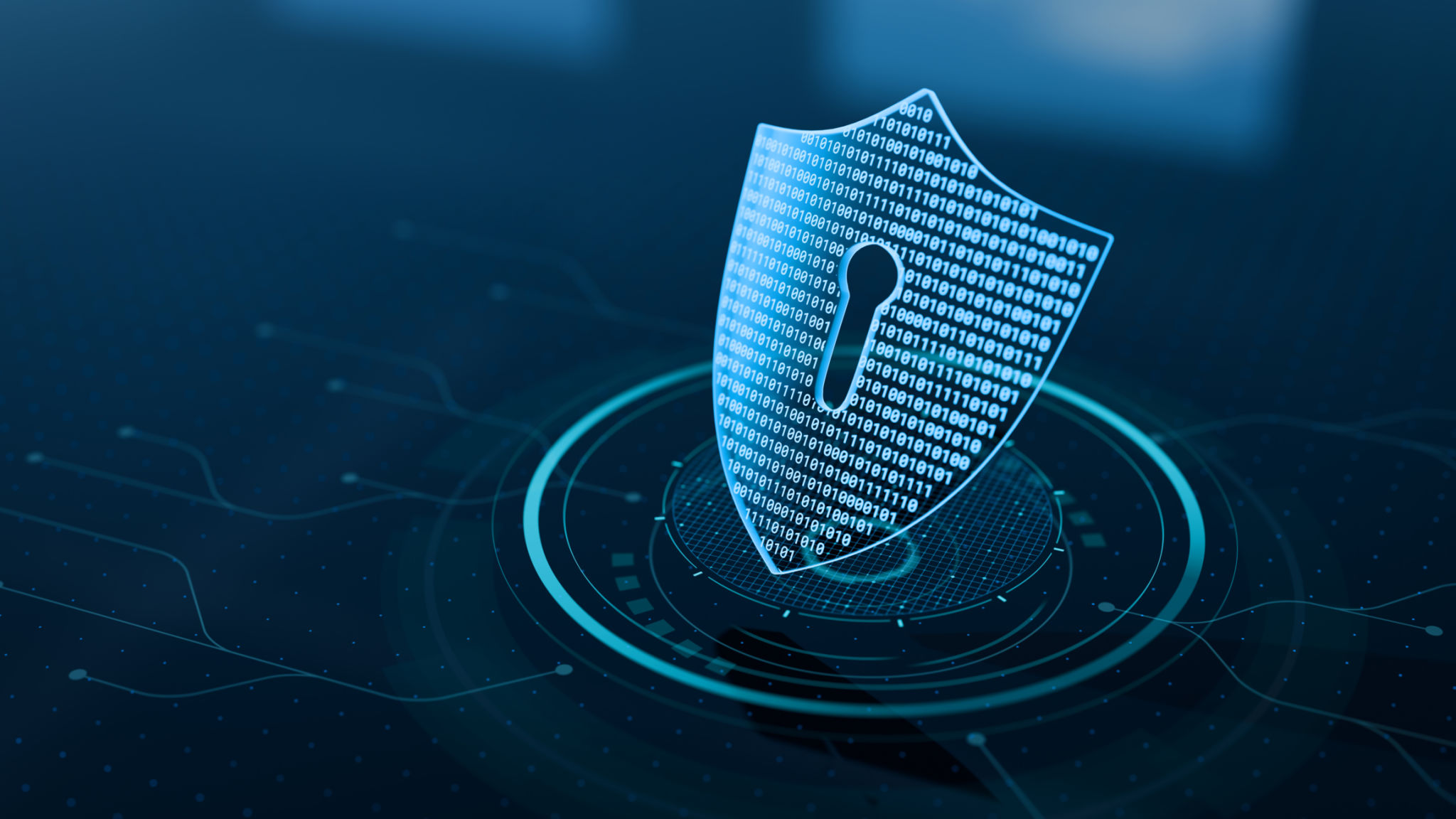How to Prepare Your Business for Cyber Threats: Expert Advice from Gwinnett Cybersecurity Consultants
Understanding the Cyber Threat Landscape
In today’s digital age, businesses are increasingly vulnerable to cyber threats. From data breaches to ransomware attacks, the spectrum of threats is diverse and constantly evolving. It’s crucial for businesses to understand this landscape to effectively safeguard their assets. Gwinnett Cybersecurity Consultants emphasize that awareness is the first line of defense.
Cyber threats can target businesses of all sizes. Small and medium-sized enterprises often assume they are not at risk, but in reality, they are prime targets due to perceived weaker security measures. Understanding the nature of these threats, including phishing and malware, is essential for developing a robust defense strategy.

Conducting a Risk Assessment
Before implementing any security measures, conducting a comprehensive risk assessment is vital. This involves identifying critical assets, evaluating potential threats, and understanding vulnerabilities within your network. Gwinnett Cybersecurity Consultants recommend regularly updating this assessment to adapt to new challenges.
A risk assessment not only helps in recognizing the most significant threats but also assists in prioritizing resources effectively. By understanding the potential impact of different types of cyber attacks, businesses can allocate their cybersecurity budget more efficiently, focusing on areas that need immediate attention.

Implementing Strong Security Measures
Once a risk assessment is complete, the next step is implementing strong security measures. This includes deploying firewalls, antivirus software, and intrusion detection systems. According to experts at Gwinnett Cybersecurity Consultants, multi-factor authentication (MFA) is an effective way to enhance security by adding an extra layer of protection beyond just passwords.
Regular software updates and patches are crucial in mitigating vulnerabilities that cybercriminals might exploit. Additionally, encrypting sensitive data can prevent unauthorized access and ensure that even if data is intercepted, it remains unreadable to attackers.

Educating Employees
Employees are often the weakest link in cybersecurity. Gwinnett Cybersecurity Consultants stress the importance of educating staff about the risks and best practices for maintaining security. Training should cover topics such as recognizing phishing emails, creating strong passwords, and understanding the importance of not sharing sensitive information.
Regular training sessions and workshops can help employees stay informed about the latest threats and how to respond to potential security incidents. Creating a culture of security awareness within the organization can significantly reduce the risk of human error leading to a breach.
Developing an Incident Response Plan
No system is entirely immune to cyber attacks, which is why having an incident response plan is critical. This plan should outline clear steps for identifying, containing, and recovering from a cyber incident. Gwinnett Cybersecurity Consultants advise involving key stakeholders from various departments to ensure a coordinated response.
An effective incident response plan not only minimizes damage but also helps maintain customer trust by demonstrating a proactive approach to handling incidents. Regularly testing and updating the plan ensures that it remains relevant and effective in the face of new threats.

Engaging Expert Cybersecurity Services
While many businesses attempt to manage cybersecurity internally, engaging expert services can provide a higher level of protection. Gwinnett Cybersecurity Consultants offer tailored solutions that address specific needs and challenges faced by businesses. Their expertise can help in setting up advanced security systems and offering ongoing monitoring and support.
Outsourcing cybersecurity can be cost-effective, allowing businesses to leverage specialized knowledge without the need for extensive in-house resources. This partnership enables companies to focus on their core operations while ensuring their digital assets are secure.
By taking these steps, businesses can create a robust cybersecurity framework that not only protects assets but also builds trust with clients and partners. In an era where cyber threats are ubiquitous, proactive measures are essential for long-term success.